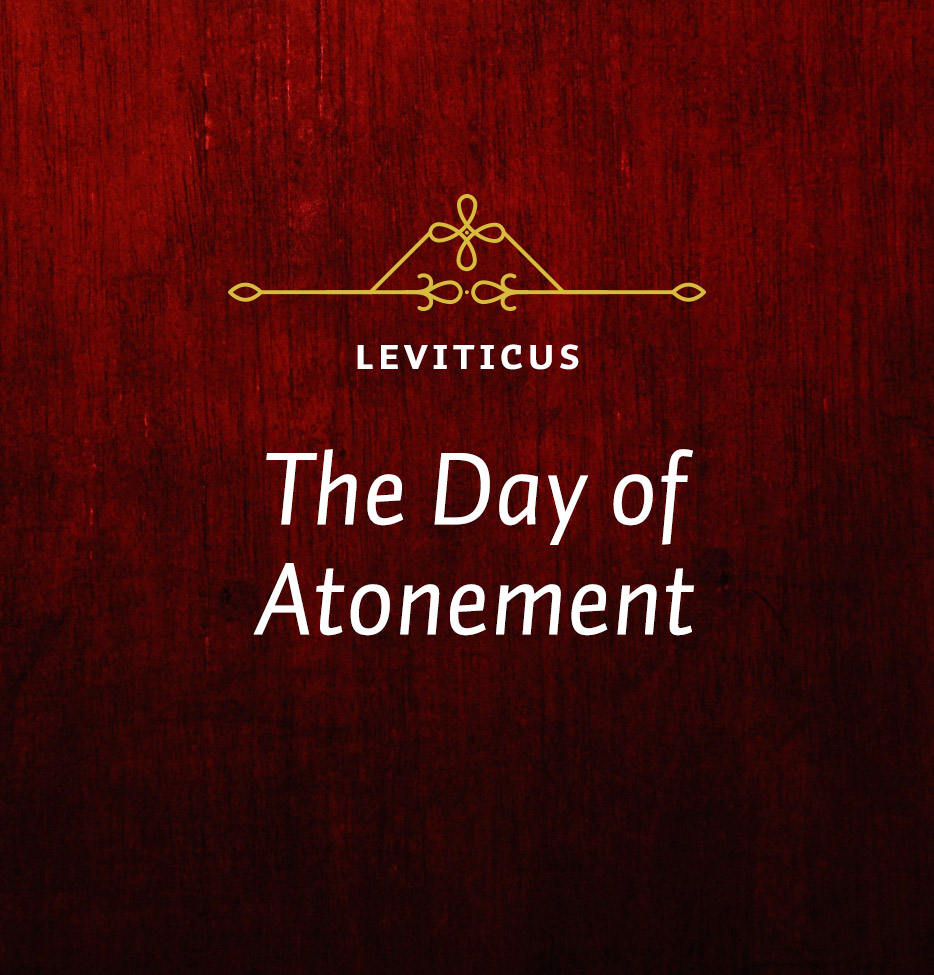In one of Jesus’ parables, He contrasted a Pharisee with a tax collector, both of whom went to the temple to pray. Pharisees were highly regarded by the people. And when in his prayer he thanked the Lord he is not like other men, everyone hearing Jesus’ story would have agreed that the Pharisee was not like the others. The tax collector, however, was viewed by the people as a sinner. Yet, unlike the Pharisee, the tax collector prayed, “Lord have mercy on me, a sinner.” Jesus said it was the tax collector who went home justified, and not the Pharisee. Jesus’ hearers were shocked. They thought they had understood Him up to this point of the story. The good man is not saved and the bad man is saved? Did the Pharisee only seem to be a good? Did the tax collector actually have a heart of gold?
No, that’s not it at all. These two men are exactly alike as far as their standing before God. Both were sinners. The only difference was that one knew it and the other one did not. Because the one knew it, he prayed rightly in asking for mercy. He came to God in faith, believing that God would save him from his sins. On the basis of this prayer, that man went home justified.
Now what did the tax collector pray? “God, be merciful to me, a sinner.” A good prayer has always has these two elements: “God” and “sinner.” If you are truly praying to God you see yourself as a sinner. If you see yourself as righteous when you pray to God, you haven’t the faintest idea of what God is like. Heaven is for sinners redeemed by the blood of Christ. Unless you recognize yourself as a sinner, you haven’t even begun to know what God is like. You don’t know what you are like, and you certainly don’t think you need a Savior. If you don’t need a Savior, you don’t trust Him, and you’re not saved. This is why the Pharisee wasn’t justified. Sure, he began his prayer by saying “God,” but he wasn’t praying to God; he was praying to himself. In thanking God that he was not like everybody else, he basically was telling God how wonderful he is.
The middle of the tax collector’s prayer is also important. The word in the Greek text that we have in Jesus’ story is the word hilasterion, and it refers to the mercy seat. This man wasn’t praying naively or in mere desperation. Sometimes we ask God for mercy without the faintest idea of where mercy can be found. But that man did, because when he used that word, he was saying, “God, don’t treat me on the basis of my works. I haven’t got any chance of pleasing you by my works. The Pharisee thinks he does, but I certainly don’t. I can’t please you that way. Deal with me on the basis of the blood sprinkled upon the mercy seat by the high priest on the Day of Atonement. That’s what makes atonement for my sin.” Jesus said that the tax collector went home justified.
The second unique sacrifice was called the scapegoat. The word occurs several times in the chapter, and it is called the “scapegoat” based on the word “escape”—that is, taking away or bearing away. Now what happened with the sin is made very clear in this text. Aaron was to “lay both hands on the head of the live goat and confess over it all the wickedness and rebellion of the Israelites—all their sins—and put them on the goat’s head” (Lev. 16:21). This is vivid language. God is saying, “These are a wicked, adulterous people. Put their sin on the goat’s head. Here is a people that don’t observe the Sabbath. Put their sin on the goat’s head. Here are people who are guilty of covetousness, people who live for material things, people who are selfish, people who lie. Put their sin on the goat’s head.”
That’s what the priest did. Then that goat is given over into the care of a man who takes it outside of the city, beyond the walls, into the wilderness where it is chased away. It eventually dies, bearing away the sin of the people.
That’s psychologically profound. It talks about our need, not only to have the penalty of our sin removed and another bearing it in our place, but also our need to get out from under the guilt of our sin as well. So many people are caught up in guilt. And here, in a dramatic way, God shows what He does. Not only does He punish our sin through an innocent victim, but He also bears it away so that we don’t have to worry about it anymore.
Do you understand that Jesus did both of those things for us? Jesus came at the end of the culmination of the revelation—one sacrifice for an individual, for a family, for a nation, and finally for the world. He also in Himself combined the meaning of all the sacrifices. He only made one sacrifice. He didn’t have to make a sacrifice for His sin. In Himself in His death upon the cross, He became both the propitiation (the sacrifice that satisfied God’s requirement of judgment for our sin) and also the one who bore our sins away. That’s why Hebrews says that Jesus suffered for our sins outside the wall of the city, where Golgotha was located, bearing away our sin (see Heb. 13:12). Jesus does it all.






